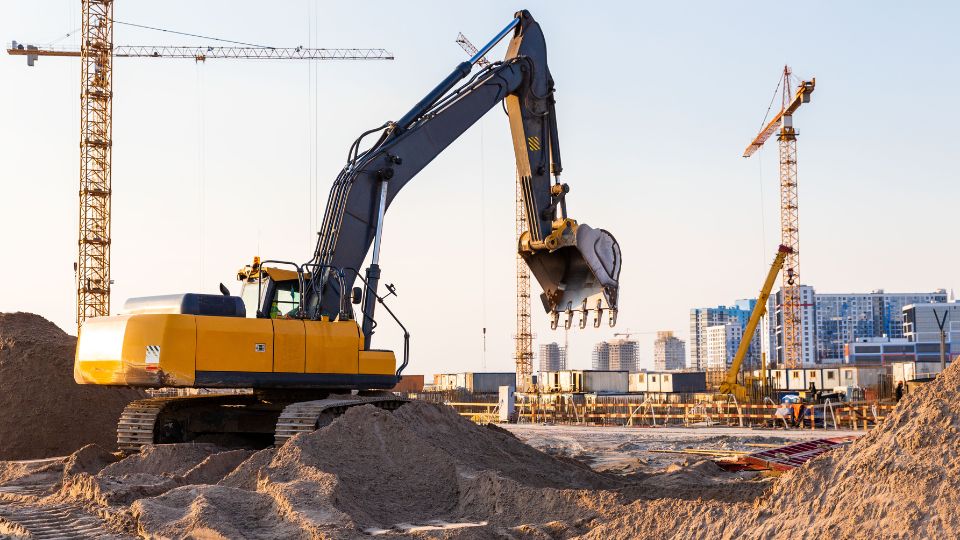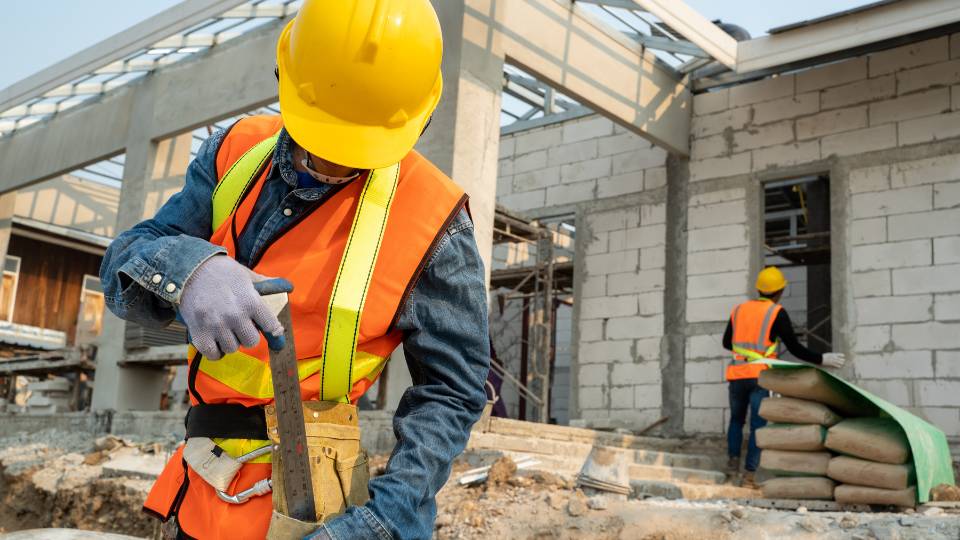
A Quick Summary
- Discover where construction waste ends up in the UK.
- Learn about sustainable disposal methods.
- Understand the importance of proper waste management for your business.
Table of Contents
- Where Does Construction Waste Go?
- The Importance of Proper Waste Management
- Sustainable Disposal Methods
As a UK business owner in the construction industry, understanding where construction waste goes is crucial for both environmental responsibility and regulatory compliance.
Effective waste management can save costs, enhance your company’s reputation, and contribute positively to the environment.
This blog explores where construction waste ends up, the sustainable methods available, and the importance of managing waste correctly.

Where Does Construction Waste Go?
Construction waste, which includes materials such as concrete, wood, metals, and glass, is typically dealt with through a combination of recycling, landfill disposal, and reuse.
Landfill
Historically, a significant portion of construction waste has ended up in landfills.
However, due to increasing landfill taxes and environmental concerns, this is becoming less common.
The UK government’s Landfill Tax has been effective in reducing the amount of waste sent to landfills, encouraging more sustainable practices.
Recycling
Many construction materials can be recycled.
Metals, concrete, bricks, and certain plastics can be processed and reused in new projects.
The recycling rate for non-hazardous construction and demolition waste in the UK was 92.3% in 2018.
This high rate is a testament to the industry’s commitment to sustainability.
Reuse
Some construction materials are suitable for direct reuse.
Items like doors, windows, and fixtures can often be salvaged and repurposed in other projects, reducing waste and conserving resources.

The Importance of Proper Waste Management
Effective waste management is not just about compliance; it also offers several benefits:
- Cost Savings:
Proper sorting and recycling can reduce disposal costs.
By recycling materials, companies can avoid landfill fees and may even generate revenue from the sale of recyclable materials.
- Environmental Responsibility:
Reducing waste sent to landfills minimizes environmental impact.
Recycling and reusing materials conserve natural resources and reduce greenhouse gas emissions.
- Enhanced Reputation:
Clients and stakeholders are increasingly looking for environmentally responsible companies.
Demonstrating a commitment to sustainable practices can enhance your business’s reputation and attract more clients.

Sustainable Disposal Methods
To manage construction waste sustainably, consider the following methods:
On-Site Sorting
Separating waste materials on-site can increase recycling rates and reduce contamination, making recycling more efficient.
Engaging Specialist Contractors
Work with waste management companies (just like us!) that specialise in recycling and sustainable disposal to ensure compliance and maximise recycling rates.
Adopting Circular Economy Practices
Embrace principles of the circular economy by designing projects with waste reduction in mind, using sustainable materials, and planning for the reuse and recycling of materials at the end of their life cycle.







